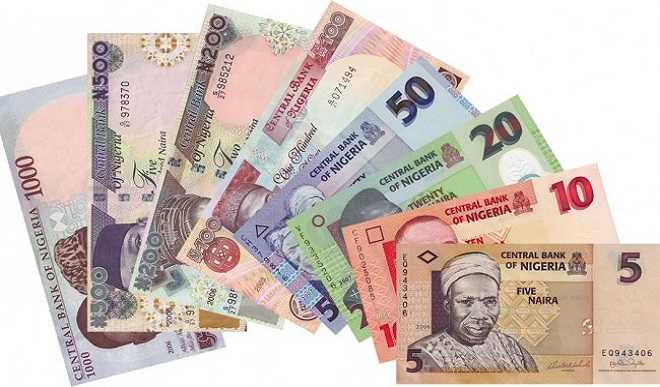Nigeria’s currency in circulation hit all time high of N2.97 trillion for October 2021

Credit to the private sector also hit all time high in October 2021…
The total currency in circulation in Nigeria hit an all-time high of N2.97 trillion as of October 2021, data from the central bank’s money and credit stats reveal.
The currency in circulation is the total amount of physical cash represented in paper or coins used to conduct transactions in Nigeria. It also represents the cash that has been issued by the CBN net that has also been taken out. It also includes the cash in the vault of commercial banks ready to be paid out to customers seeking to withdraw their money.
At N2.9 trillion, currency in circulation is N128.9 billion higher than the N2.837 trillion recorded in September 2021 and N467 billion higher than what was recorded in October the corresponding year of 2020.
Total currency in circulation has risen about N2 trillion since November 2018 and has remained above this level since then. It first hit an all-time in December 2020 when it touched N2.91 trillion before falling for most of 2021.
A 2014 publication by the CBN “discovered that depending on the specification of the model, structural variables such as the exchange rate and interbank rate, and dummy variables for elections and holidays were significant in explaining changes in CIC.” This suggests that elections in Nigeria play a significant role in the demand for physical currency in the country.
The latest increase in currency in circulation indicates a rise in the demand for physical cash in Nigeria and may have been precipitated by high inflationary effects on goods and services as well as the several intervention programs of the apex bank..Unfortunately, the CBN in its monetary policy committee briefing last week did not reference the increase in currency under circulation or explain why we hit an all-time high.
Rather it explained that Money Supply grew by 7.10% in October 2021, compared with 4.72% in September 2021.
The growth in money supply was driven by growth in Net Domestic Assets (NDA) by 9.12% in October 2021, compared with 10.71% recorded in September 2021.
Net Foreign Assets (NFA), on the other hand, contracted moderately by -1.50% in October, compared with -20.85% in the preceding month.
The continued growth in Net Domestic Assets (NDA) was largely driven by increased claims on the Federal Government and other public nonfinancial corporations, private sector, and state and local governments.
The Central Bank of Nigeria publishes closely watched Money and Credit Stats data that provides insights into how money flows in the country.
Included in the data is credit to the private sector which rose to N34.9 trillion in October, another all-time high according to our records. Credit to the government fell to N12.8 trillion from N13 trillion recorded in September 2021.
We also observe currency outside circulation rose to N2.5 trillion in October up from N2.3 trillion a month earlier.
Total Money Supply (M2) in Nigeria is now at an all-time high of N41.3 trillion as of the month of October 2021.
The central bank recently launched its eNaira digital currency initiative which is meant to help deepen financial inclusion in the country. A wider adoption of the eNaira is expected to snuff out physical cash in the economy particularly those triggered by government intervention funds and cash handouts ADAPTED FROM NAIRAMETRICS



